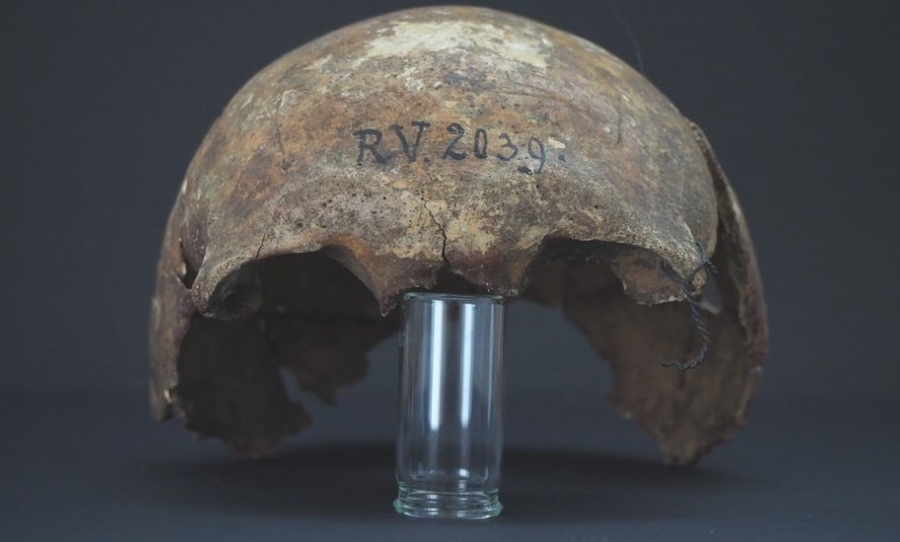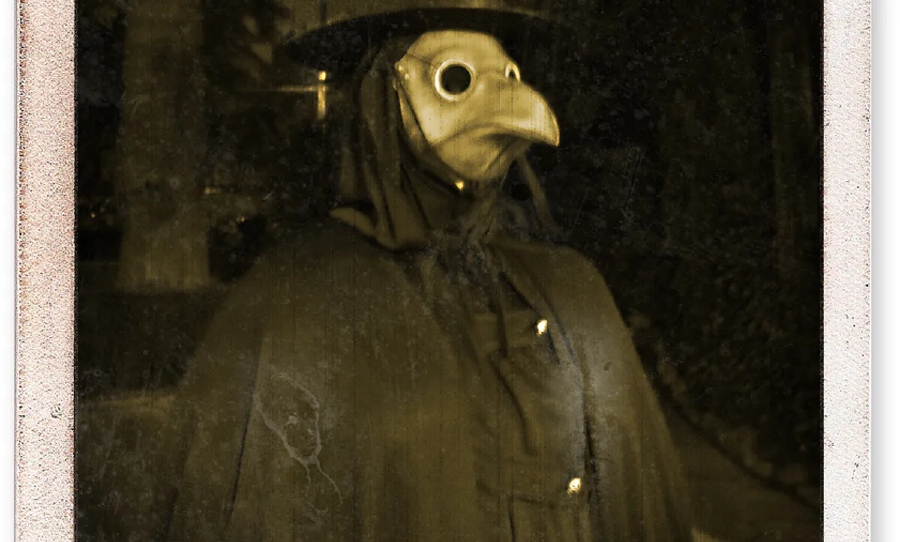Scientists believe they have found Black Death “patient zero,” who was infected with the earliest-known strain of the bubonic plague.
A man who died over 5,000 years ago in Latvia was infected with the earliest-known strain of the disease that caused the Black Death pandemic, making him the newest contender for “patient zero“.
The man, a hunter-gatherer, was buried with three others at a Neolithic burial site in Latvia by the side of the River Salac, which flows into the Baltic Sea.

“Up to now, this is the oldest-identified plague victim we have,” said Dr Ben Krause-Kyora of the University of Kiel in Germany.
“He most likely was bitten by a rodent, got the primary infection of Yersinia pestis and died a couple of days [later] – maybe a week later – from the septic shock.”
The researchers, who found the buried individuals, sequenced DNA from the bones and teeth and tested them for bacteria and viruses.
First bacterium of the Bubonic Plague to yeet past patient zero’s leukocyte defences ( circa 1346 colorised 2019) pic.twitter.com/TUO0jhNqFA
— That Brown Lad (@kankofski95) October 23, 2019
They found that the hunter-gatherer was infected with an ancient strain of plague, caused by the bacterium, Yersinia pestis.
The researchers suggest the ancient strain emerged about 7,000 years ago when agriculture started in central Europe.
Dr Krause-Kyora said that the high abundance of the bacteria found in the man’s skull implies he succumbed to the plague.
The man may have been bitten by a beaver, which is known to carry Yersinia pestis. Remains of the animals have been found at the same site by the River Salac.
A black plague doctor female bandicoot
Her name is anne#bandicootOC #ocs pic.twitter.com/iP5LmCp1qg— FikTime(commisions open) (@ITSFIKTIME) June 30, 2021
The evidence points to the plague spreading from animal to human at the time, rather than human to human, says Dr Krause-Kyora.
The bacteria hadn’t yet gained the genetic mutation that enables fleas to carry it, allowing it to infect and kill so many people centuries later.
The disease is still around today but is treatable with antibiotics if caught early, as seen when a California resident was diagnosed with the bubonic plague in 2020 after being bitten by a flea along the Truckee River.



